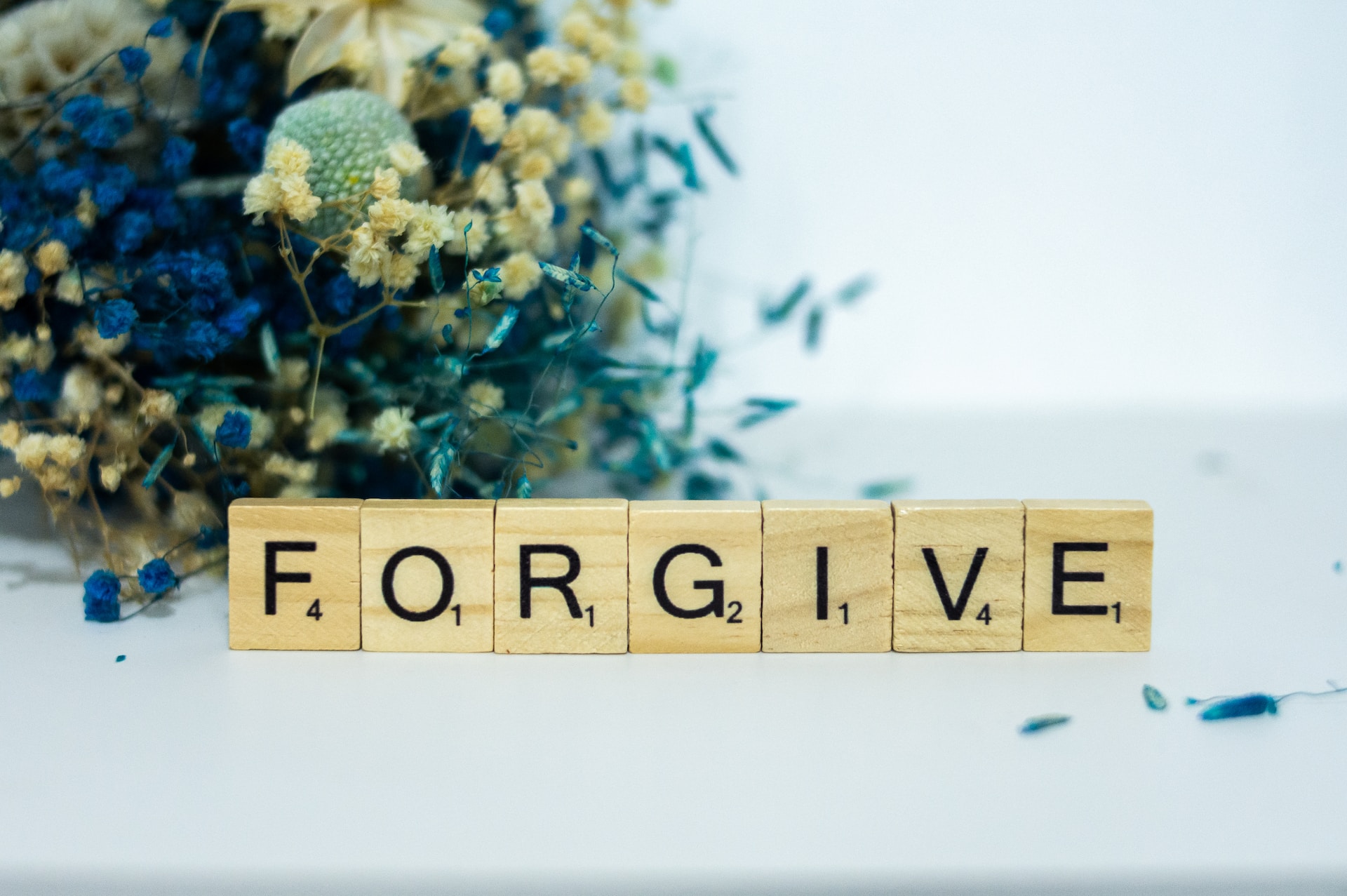Advertisement


When someone has hurt or betrayed you, it can be incredibly difficult to move past the pain and anger. You may feel like you’re stuck in a cycle of negative emotions, unable to let go of the hurt and move on with your life. However, forgiveness can be a powerful tool in healing and finding peace after a betrayal.
Forgiveness doesn’t mean that you condone the hurtful behavior or that you forget what happened. Rather, it’s a conscious decision to let go of the anger and resentment that’s holding you back. By forgiving someone, you’re not excusing their actions, but rather choosing to release the negative emotions that are causing you pain.
Forgiveness can be a difficult and complex process, but it’s one that’s worth exploring if you’re struggling to move past a hurtful experience. In this article, we’ll dive into the power of forgiveness and explore some strategies for how to forgive and heal after a betrayal or hurt.
When someone hurts you, it’s natural to feel angry, resentful, and bitter. However, holding onto those negative emotions can be detrimental to your mental and physical health. Forgiveness is a powerful tool that can help you heal and move on after betrayal or hurt. Here are some reasons why forgiveness is important:
Forgiveness can have a positive impact on your mental health. When you forgive someone, you let go of negative emotions like anger and resentment, which can help you feel happier and more at peace. Forgiveness can also improve your relationships with others by promoting empathy, understanding, and compassion.
Research has shown that forgiveness can reduce symptoms of depression, anxiety, and stress. It can also lead to improved self-esteem and a greater sense of control over your life. Forgiveness can be challenging, but it’s worth the effort for the psychological benefits it can provide.
Forgiveness can also have a positive impact on your physical health. Holding onto negative emotions can cause stress, which can lead to a variety of health problems like high blood pressure, heart disease, and weakened immune system. Forgiveness can help reduce stress levels, which can improve your overall health and well-being.
Research has also shown that forgiveness can lead to better sleep, improved digestion, and reduced pain. When you forgive someone, you let go of the tension and stress that can cause physical discomfort and pain. Forgiveness can be a powerful tool for improving your physical health and reducing the risk of chronic health problems.
The first step towards forgiveness is to acknowledge your pain and anger. It’s okay to feel hurt and angry after a betrayal or hurtful experience. Take some time to sit with these emotions and allow yourself to feel them. Don’t try to suppress or ignore them, as this will only prolong the healing process. Instead, acknowledge your pain and anger and allow yourself to experience them fully.
Once you’ve acknowledged your pain and anger, the next step is to focus on empathy and understanding. Try to put yourself in the other person’s shoes and understand why they may have acted the way they did. This doesn’t mean that you condone their behavior, but it can help you to see things from a different perspective and begin to let go of your anger.
Forgiving someone else can be difficult, but forgiving yourself can be even harder. It’s important to practice self-compassion and understand that you’re not perfect. You may have made mistakes in the past, but that doesn’t mean you’re unworthy of forgiveness. Treat yourself with kindness and understanding, just as you would treat a friend.
Forgiveness is a choice, and it’s up to you to make that decision. It’s important to remember that forgiveness doesn’t mean forgetting what happened or condoning the other person’s behavior. Instead, it means letting go of your anger and resentment and moving forward with your life.
Finally, it’s important to communicate your forgiveness to the other person. This doesn’t mean that you have to have a face-to-face conversation, but it does mean that you need to let go of any resentment or anger towards them. Whether it’s through a letter, email, or simply in your own mind, communicate your forgiveness and let go of the past.
Forgiveness is a powerful tool that can bring healing and peace to your life. It allows you to let go of anger, bitterness, and resentment, and move forward with your life. But forgiveness is only the first step in the healing process. Moving on after forgiveness requires effort, patience, and a willingness to rebuild trust and relationships, let go of resentment and bitterness, and find closure and peace.
When someone betrays or hurts you, it can be difficult to trust them again. Rebuilding trust and relationships takes time and effort from both parties. It requires open and honest communication, a willingness to listen and understand each other’s perspectives, and a commitment to work through any issues that arise. It may also involve setting boundaries and establishing new expectations for the relationship.
Resentment and bitterness can eat away at you and prevent you from moving on with your life. Letting go of these negative emotions is essential for your own well-being. It may involve practicing forgiveness on a daily basis, focusing on the positive aspects of your life, and finding healthy ways to cope with your emotions. Therapy or counseling can also be helpful in dealing with these emotions.
Forgiveness and moving on after betrayal or hurt does not mean forgetting what happened. It means finding closure and peace within yourself. This may involve accepting what happened, learning from the experience, and finding ways to grow and move forward with your life. It may also involve finding closure with the person who hurt you, whether through a conversation or a symbolic gesture.
Advertisement

Advertisement

-Advertisement-